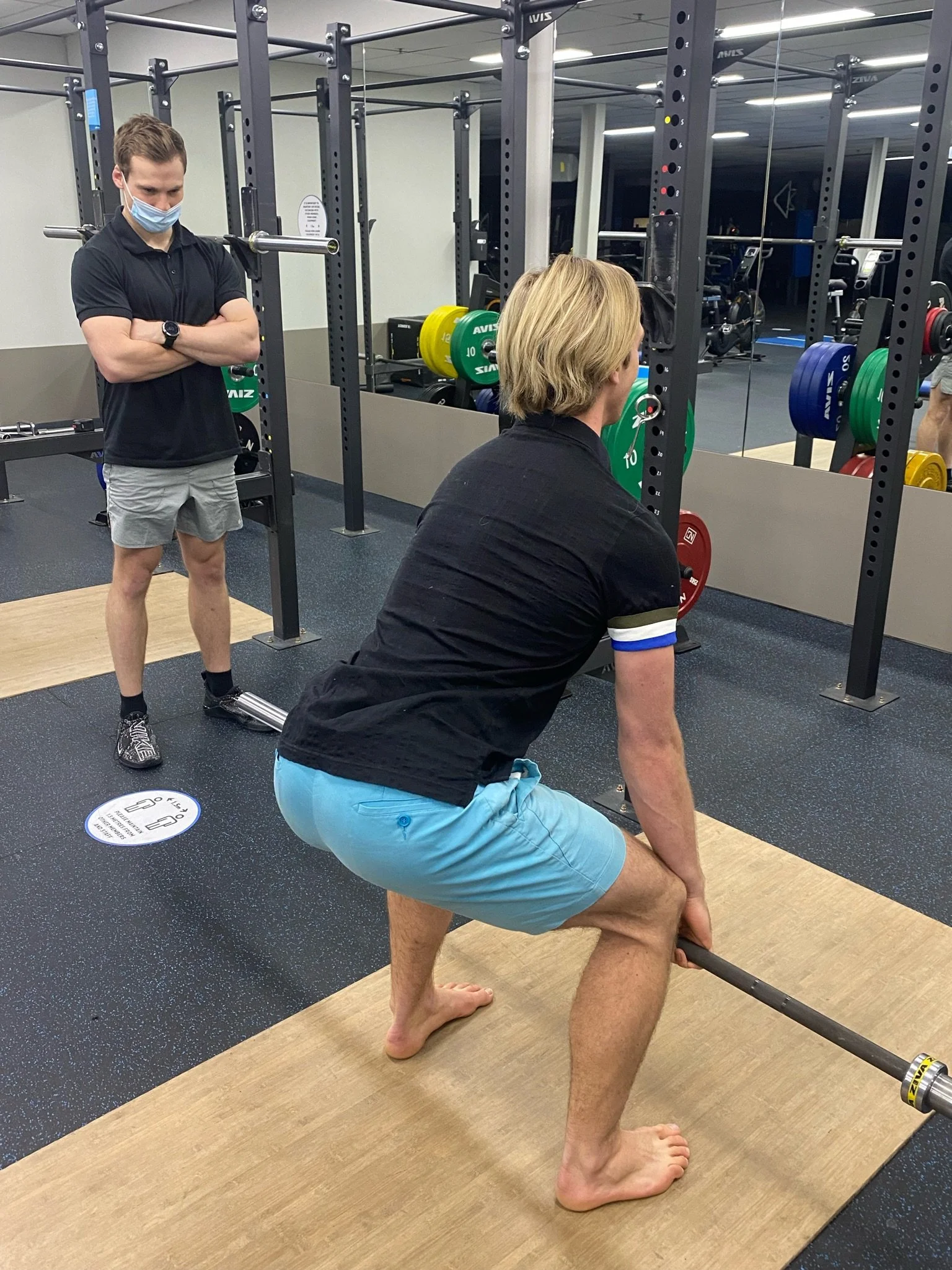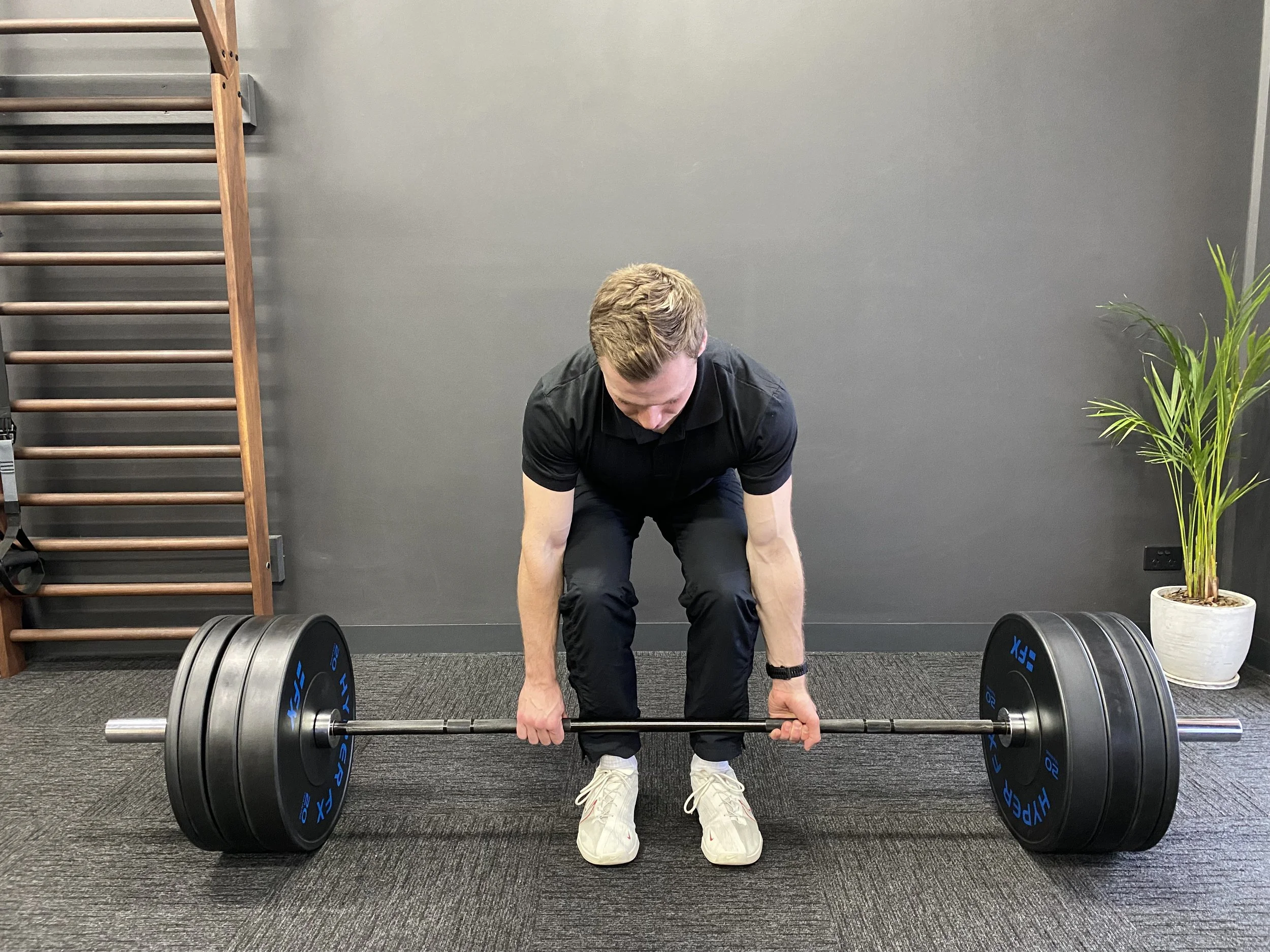
Physio For Athletes
The joy of working as a sports physio or otherwise helping people to play sport through Physiotherapy is the continual pursuit of a common goal. Physio can become frustrated or uninspired when trying to help someone who does not have a clearly defined goal. The most difficult situation for a Physio is when someone presents to the clinic in seeking care and cannot articulate an outcome that is desirable for them. In sport, we have obvious goals. If Physio and Client can collaborate to achieve specific outcomes that do not even need to be imagined because they are so obvious. In fact, the pursuit of a goal may its self be therapeutic. Having a purpose, meaning or aspiration gives relief or rather significance to the injury or pain that we seek to resolve through physiotherapy. By contrast, the absence of a goal or purpose might have someone feel only pain, loss or grief. To suffer without hope of achieving meaning is to suffer more. To become injured and hurt and two lose one’s ability to participate in training, competition or other athletic pursuits is confronting and unpleasant. Even more so is this a sign injury, illness and exclusion without any hope of response.
The heart hope of improvement must remain central to Physiotherapy. The hope for improvement is almost unspoken and so assumed in sport. There is, times, an expectation that athletes will improve with more training or more gameplay or more exposure to the sport. Whilst this is true, one’s ability to improve in skill or fitness or strategy improves partly from exposure and partly from recovery. Exposure provides the stimulus necessary to improve but is not sufficient for improvement. Improvement requires both stimulus and recovery. Recovery could be thought of as learning. That’s why, at Exercise Thought, we focus on exercising the mind and educating the body. We believe that learning is essential to improve the body and the exercise is necessary to improve the mind. What we don’t advertise in our company name we emphasize in consultation with our clients. That is, we emphasize that sleep, physical rest and rejuvenation is equally important to someone’s improvement as is their exposure to training and competition.
Whenever practicing and pursuing excellence in a craft, whether that be sport or school or professional pursuits, we must develop the opposing Croft. If someone wishes to be good at exercise they must also be good at recovering. If someone wishes to be good at thinking they must also be good at feeling. If someone is great at expanding a huge amount of energy they must also be good at recovering or restoring an equal amount of energy. It could be said the opposite of exercises rest and the opposite of thought is the absence of thought. It may will follow that the opposite of Exercise Thought is a restful absence of thought. This could be sleep. This could be mindless, effortless rejuvenation.


